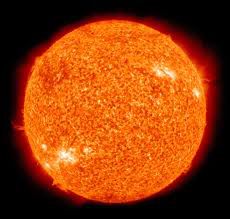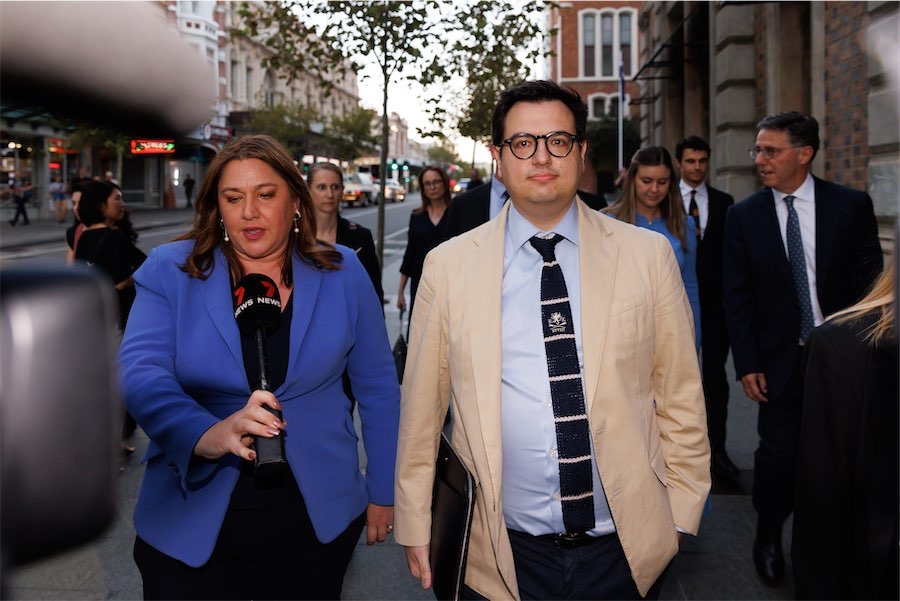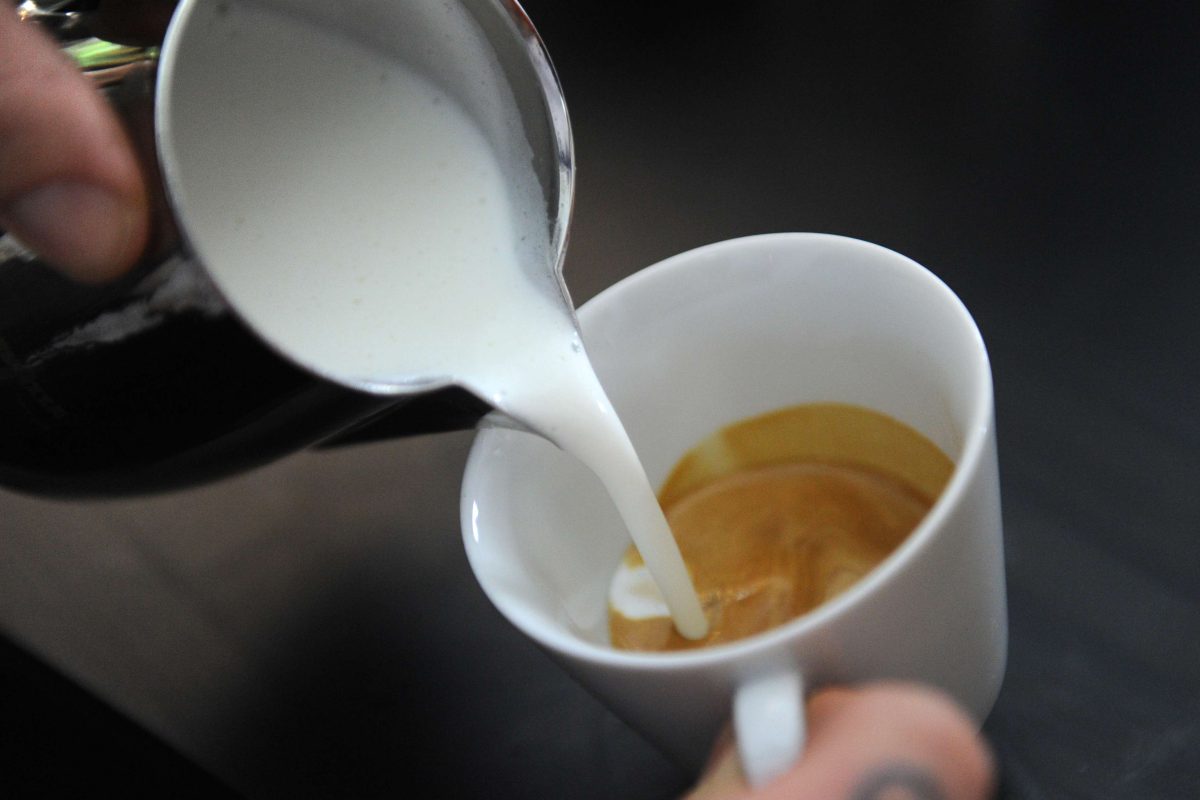A NEW optical chip for a telescope, developed by scientists, shows a clear views of alien planets that could support life. 
With today’s standard astronomical instruments, viewing a planet outside the solar system is very difficult because of the brightness of its sun.
Ten years of research lead to the creation of the chip, building on specialised optical materials and devices supported through CUDOS, a centre of excellence funded by the Australian Research Council.
Associate professor from The Australian National University (ANU), Steve Madden says this new chip removes light from the host sun, allowing astronomers for the first time to take a clear image of the planet.
He says: “The ultimate aim of our work with astronomers is to be able to find a planet like Earth that could support life.
“To do this we need to understand how and where planets form inside dust clouds, and then use this experience to search for planets with an atmosphere containing ozone, which is a strong indicator of life.”
The optical chip was a joint project between physicists and astronomers from ANU as well as researchers at the University of Sydney and the Australian Astronomical Observatory.
Madden says the way the chip works is similar to noise cancelling headphones.
“This chip is an interferometer that adds equal but opposite light waves from a host sun which cancels out the light from the sun, allowing the much weaker planet light to be seen,” say Madden.
PhD student Harry-Dean Kenchington Goldsmith, who built the chip at the ANU Laser Physics Centre, says the technology works similar to the thermal imaging that fire fighters rely on to see through smoke.
Goldsmith says: “The chip uses the heat emitted from the planet to peer through dust clouds and see planets forming. Ultimately the same technology will allow us to detect ozone on alien planets that could support life.”
The research is being presented at the “Australian Institute of Physics Congress” in Brisbane this week.
Who can be trusted?
In a world of spin and confusion, there’s never been a more important time to support independent journalism in Canberra.
If you trust our work online and want to enforce the power of independent voices, I invite you to make a small contribution.
Every dollar of support is invested back into our journalism to help keep citynews.com.au strong and free.
Thank you,
Ian Meikle, editor



![Teacher Vanessa Jones has been living in Higgins since 2001, and while she loves the area, she says she is “fed up” with the neglectful ACT government.
The Higgins shops have been completely abandoned, says Vanessa, preventing the opportunity for residents to have a community-centred space to socialise.
They only received bins nine months ago, she says, and requests for a water station and repairs to the bus station have gone unanswered.
“It’s very, very slow,” says Vanessa.
“I asked for the zebra crossing on Fullagar [Crescent] to be repainted, and we had to wait about six or nine months.
“That’s just such a long time… we pay a lot of rates.”
Vanessa says assistance from the government only seems to go to communities with time-rich and assertive communities, leaving places such as Higgins, where the majority of households have both adults working full-time and English may not be the first language of the family, at an automatic disadvantage.
“If you’ve got two people working, paying a mortgage, raising two or three kids, they don’t have the time,” says Vanessa.
Vanessa says the lack of attention quieter places such as Higgins is receiving is starting to look a lot like favouritism.
Read the full article on our website citynews.com.au
#canberra #canberranews](https://citynews.com.au/wp-content/plugins/instagram-feed/img/placeholder.png)
Leave a Reply